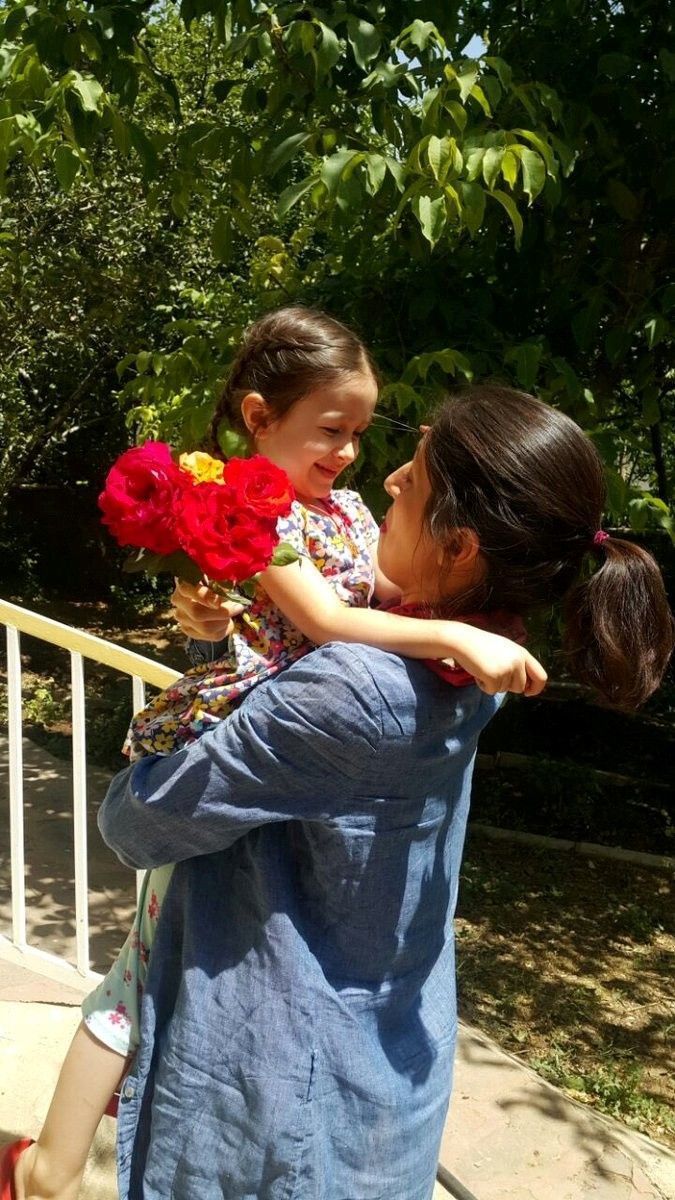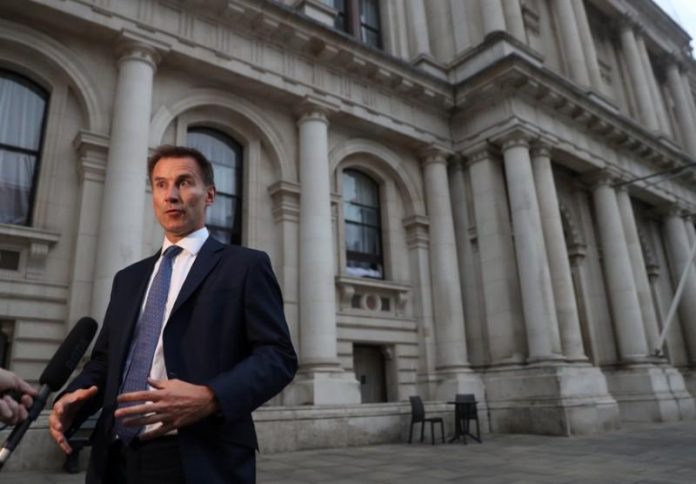LONDON, May 17 (Reuters) – Britain advised all citizens holding dual British and Iranian nationality on Friday to avoid travelling to Iran, saying they faced an unacceptably higher risk of arbitrary detention and mistreatment compared to other nationals.
The advice came after Iran said on Monday it had sentenced an Iranian woman, who worked for the British Council cultural agency, to 10 years prison for spying for Britain.
Iranian security services might be suspicious of other people with British connections, including those linked to institutions based in the UK, Britain’s Foreign Ministry said,
“Dual nationals face an intolerable risk of mistreatment if they visit Iran,” Foreign Secretary Jeremy Hunt said in the statement.
“Despite the UK providing repeated opportunities to resolve this issue, the Iranian regime’s conduct has worsened. Having exhausted all other options, I must now advise all British-Iranian dual nationals against travelling to Iran.”

Hunt also said he needed to caution Iranian nationals living in Britain, who returned to Iran to visit family, that they might be perceived to have personal links to British government institutions.
The warning came amid heightened tensions between Iran and the West, with Hunt saying on Thursday that Britain agreed with the United States that Tehran posed an increased threat.
It also follows a long-running row over the fate of British-Iranian aid worker Nazanin Zaghari-Ratcliffe who was arrested in April 2016 at a Tehran airport as she headed back to Britain. She was later jailed for five years after being convicted of plotting to overthrow Iran‘s clerical establishment.
“The dangers (dual nationals) face include arbitrary detention and lack of access to basic legal rights, as we have seen in the case of Nazanin Zaghari-Ratcliffe, who has been separated from her family since 2016,” Hunt said.
(Reporting by Michael Holden; Editing by Stephen Addison and Andrew Cawthorne)


